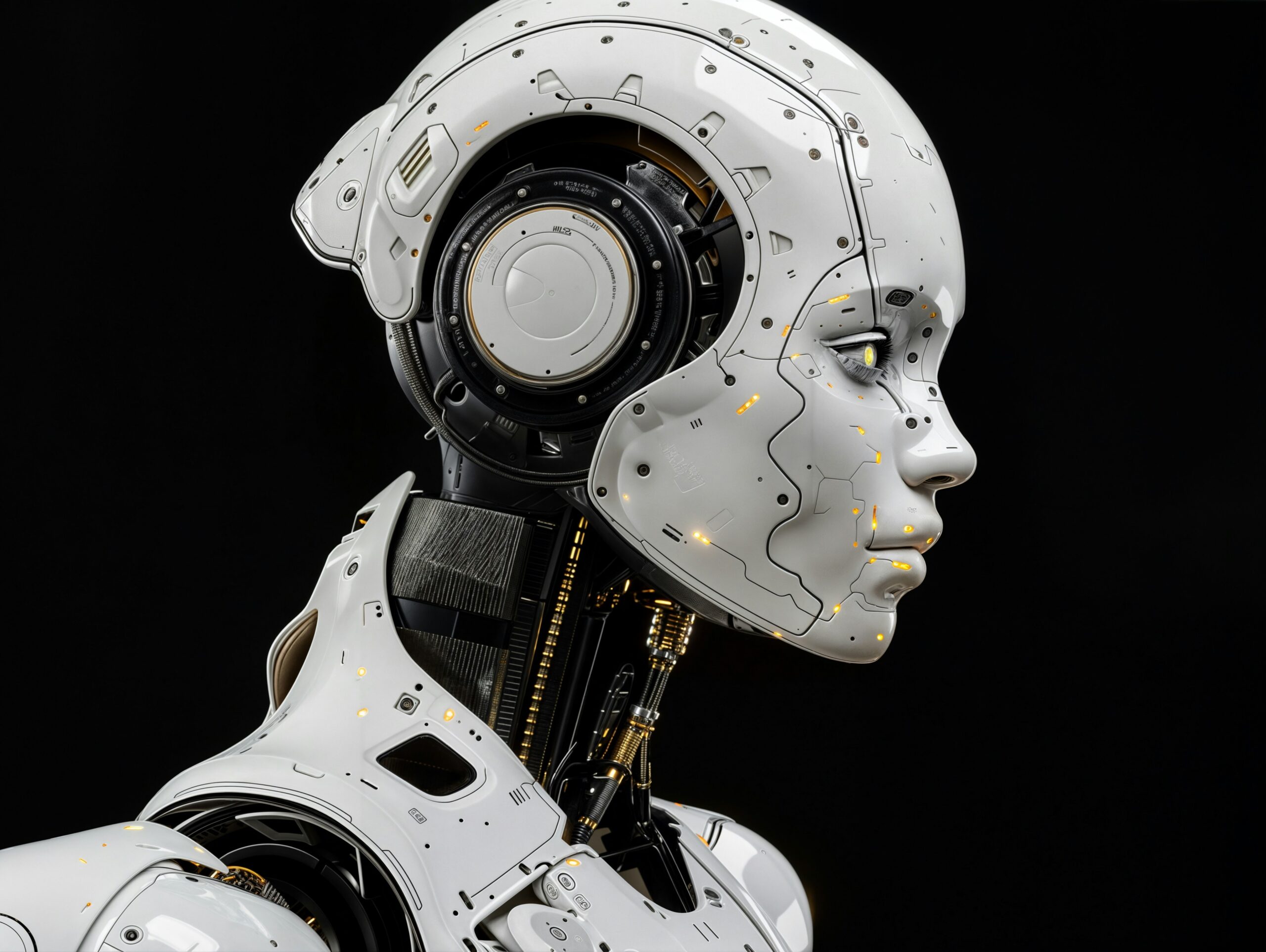Applications of AI in Healthcare
1. Early Diagnosis & Disease Detection
AI algorithms analyze X-rays, MRIs, and CT scans with precision.
Helps detect cancers, tumors, and neurological conditions early.
Example: Google’s DeepMind achieved groundbreaking results in diagnosing eye diseases.
2. Personalized Medicine
AI processes genetic data to create personalized treatment plans.
Helps predict how patients will respond to certain drugs.
Improves success rates of treatments and reduces side effects.
3. Robotic-Assisted Surgeries
AI-powered surgical robots provide precision and minimal invasiveness.
Benefits: faster recovery, fewer complications.
Example: The da Vinci Surgical System.
4. Virtual Health Assistants
Chatbots and AI apps provide 24/7 healthcare advice.
Reduces hospital visits for minor queries.
Improves patient engagement and mental health support.
5. Drug Discovery & Development
AI accelerates drug research by analyzing massive datasets.
Cuts down drug development costs and timelines.
Vital in producing vaccines like COVID-19 solutions.
Benefits of AI in Healthcare
Accuracy in diagnosis.
Cost efficiency in treatments.
Faster drug discovery.
Remote patient monitoring.
Better resource management in hospitals.
Challenges in AI Healthcare Adoption
Data privacy & patient confidentiality concerns.
High implementation costs.
Ethical dilemmas regarding replacing human doctors.
Need for global AI healthcare regulations.
Future Outlook
By 2030, AI in healthcare will expand into:
Smart hospitals with AI-driven patient management.
AI-powered mental health monitoring.
Wearable devices tracking real-time health data.
Global accessibility in underserved regions.
Conclusion
AI in healthcare is no longer optional—it is a necessity for better, faster, and more accessible care. While challenges remain, the opportunities are limitless. Patients, doctors, and governments must collaborate to ensure AI is used responsibly to save lives.
FAQs
Q1: Will AI replace doctors in the future?
No, AI will support doctors, not replace them. Human expertise is irreplaceable.
Q2: Is AI safe in healthcare?
Yes, but strict regulations and ethical frameworks are necessary.
Q3: Which countries lead AI in healthcare?
USA, UK, China, and India are leading in adoption.
Q4: How does AI help in mental health?
AI chatbots and monitoring tools provide therapy support and mood tracking.
Q5: What is the future of AI in rural healthcare?
AI-powered mobile apps will bring diagnosis and treatment to remote areas.

